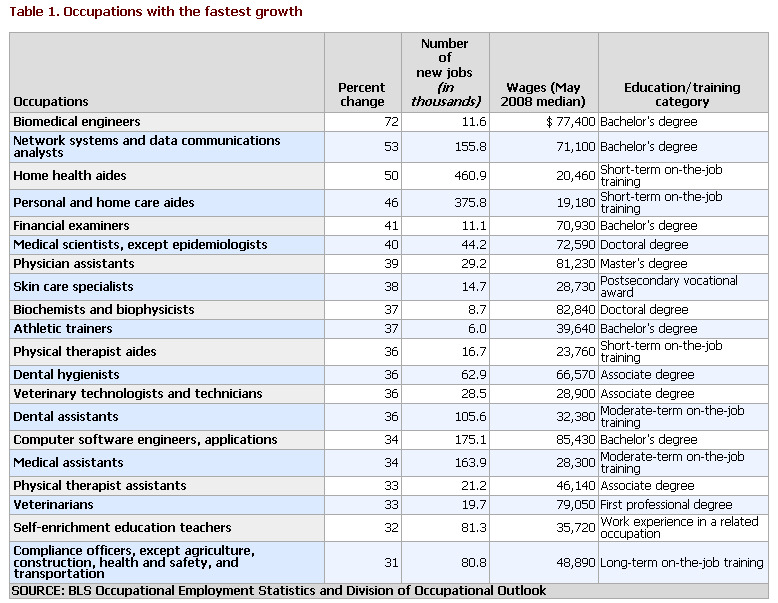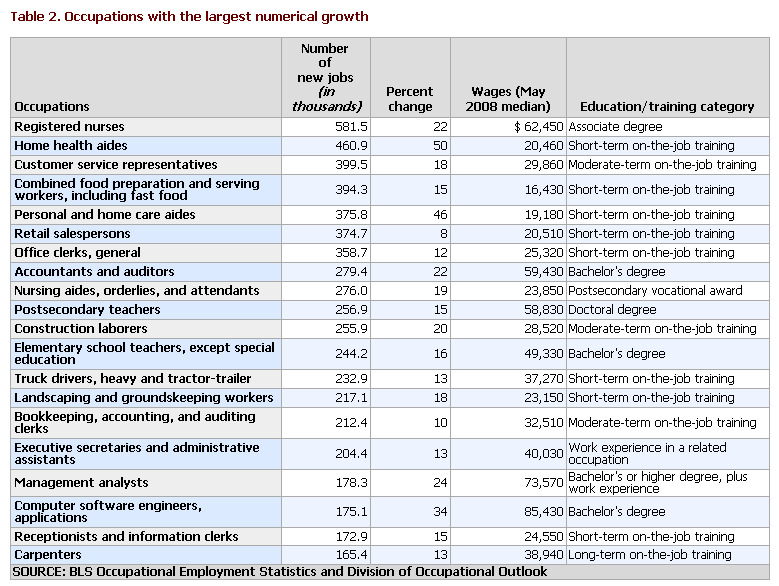How many parents recite religiously to their children, I want you to do better than me, I want you to have more?
If we want our children to grow up to have more, do better, suffer less and achieve interesting, family sustaining, stable careers with potential for growth to provide for the good things in life we have to provide them with guidance and career development from early on.
It has been shown that children 12 to 16 exhibit relative stability in their vocational interest development and it appears in children as young as 8 years old. With aptitude assessment at around 8 years of age and exposure to a wide variety of correlating career options we would help children explore areas they would experience satisfaction in and excel in as adults and not leave them to flounder down a complex path without breadcrumbs.
The truth is, schools have fallen short when it comes to educational leadership and don't do a very good job at career exploration and translating all that academic subject matterinto realistic visions of what it could be useful for. They teach a lot of theory and rote memorization but little application. For example:
If the 4th grade science class watched and learned how a motor works, they would be exploring engineering principles driven by science and math. It wouldnt be fascinating to all the students but it would be a moment of crystallization for some. Reading about revolutions and laws of physics in a book and memorizing the formulas without visuals, tactile and sensory stimulation. not so much.
These are the experiences children need. Instead, we have the well rounded approach with no direction that expects children to find themselves at very young ages with little guidance when in truth, how many 45 year old people havent yet discovered what they want to be when they grow up? We fall into careers unless we are one of those very fortunate individuals seemingly born with a vocation.
I would wager to say people are born with aptitude not a vocation and parents of these children identify their aptitudes at a very early age and then provide stimulation, encouragement and developmental opportunities to support their interest. Its easier to identify in some children, perhaps most notably in those deemed gifted in art, music or language, because of their visual and auditory cues. However, all humans have aptitudes to be discovered and developed.
If most children have realized their vocational interest development by age 16, high school aptitude assessments are too late. They miss the opportunity to identify aptitude, pair it with potential interests and provide development and guidance, so that when a child reaches high school there is a tentative plan for a career path and understanding of how and what it will take to pursue it.
Changes in consumer demand, improvements in technology, and many other factors over the next decade will contribute to the continually changing employment structure of the U.S. economy. The 15.3 million jobs expected to be added by 2018 will not be evenly distributed across major industry and occupational groups. Its going to take strategic planning to make the appropriate matches needed to carry us forward as a dominant and highly productive, satisfied workforce.
Parents, schools and communities with a desire to see their children thrive and who are willing to subscribe to the it takes a village to raise a child philosophy should work now, with children in their first years of elementary school. They can take steps to:
- Identify emerging aptitudes through assessments at 2nd, 4th and 6th grades to observe realization, development and change.
- Research occupational projections to understand which jobs will be in high demand and well compensated when the child will reach post-secondary education.
- Match emerging aptitudes to exposure of corresponding forecasted high demand occupations through appropriate activities, reading, field trips, toys and games, job shadowing, etc.
- Provide encouragement and access for children to pursue passions for which they have a proven aptitude not to fulfill parents dreams.
- For children with technical and not necessarily academic aptitude, identify vocational high schools to begin early engagement and skill development.
This type of approach may sound cookie cutterish and structured. Why shouldnt it be? Schools already follow an assembly line approach, one that is not individualized, herds students through a well-rounded curriculum that has little applicability to work readiness or life skills, and with the exception of vocational high schools, graduate students skilled in one thing only how to study. Largely because of lack of aptitude and interest identification and development, those who go on to college change their major 75% of the time, adding additional semesters, experiencing anxiety, facing uncertainty and fearing failure..
Imagine how a well thought out, practical plan would help prepare our youth with a meaningful foundation for the rest of their life. What do you think of this approach?
Charts are from BLS Occupational Outlook Handbook, 2010-11 Edition, Overview of the 2008-18 Projections


Leave a Reply